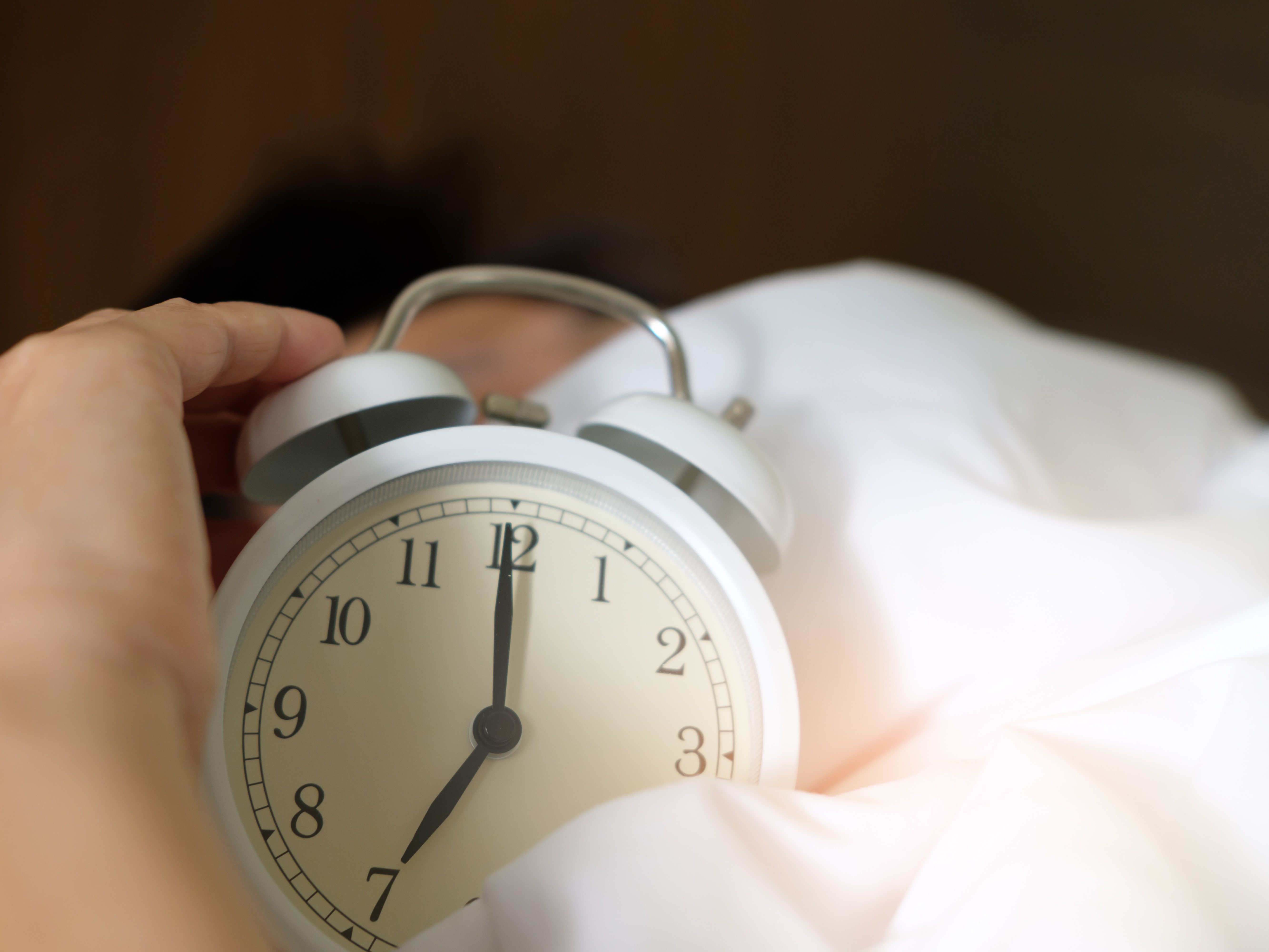
The COVID-19 pandemic is still alive and well and many people are continuing to acclimate to the many changes our nation faces. The imposition of social distancing, self-isolation and the rising unemployment rate has caused much stress for the American people. The number of coronavirus cases also continues to rise. For those who are self-isolating, however, the anxiety and stress that arose from this situation has prevented many from maintaining their sleeping routine.
Daily life under the pandemic has made it quite difficult to maintain one’s original routine and to create a new one, often leading to the lack thereof. This behavior can make many vulnerable to insomnia. Much of the reasoning for this behavior can be attributed to how many people are worried and anxious about the COVID-19 pandemic. Many Americans are forced to deal with extreme economic stress and job uncertainty while grief and depression is exacerbated by isolation at home. This stress easily contributes to a poor sleeping pattern. Furthermore, keeping track of the time, and even the day, can be hard without typical “time anchors.”
Many people are used to a fixed schedule of activities, events and priorities, but the pandemic has removed many of them as we stay at home. Being stuck at home can prevent exposure to normal levels of natural light, which may reduce light-based cues for wakefulness and sleep. Those not working or taking classes via Zoom may be tempted to oversleep. Sleeping for more than seven to eight hours per night can make waking up on time much more difficult, while also making one feel groggy, irritable and unfocused throughout the day.
These past couple of weeks, since the quarantine had begun, had led to me slowly but surely brushing off sleeping at night. Sometimes this was because I had some work to care of, but for the most part, much of this was due to messing around and staying up to binge my favorite shows or play video games. The consequences of these actions were that whenever I needed to be awake, I was absolutely fatigued. It got to the point where I’d be forced to nap instead of attending my Zoom lectures and discussions. I noticed that I seemed to always be tired and moody with my family. However, once I began to follow these tips and mend my sleeping habits, I was much more focused with my work and felt more calm and composed. In this regard, a better sleep schedule makes this quarantine a lot easier to handle.
With all of this taken into consideration, it is quite clear that a proper sleep schedule is necessary for physical and mental well-being. Sleep is especially important during this pandemic as it empowers an effective immune system. A strong immune system reduces the risk of infection and can improve outcomes for people fighting a virus. Sleep will also heighten brain function. Our mind works better when we get enough sleep, which will serve to improve productivity, memory and overall focus. For many adults and children adapting to work and school at home, proper sleep will help one to stay sharp and efficiently finish their work.
Sleep is also important for one’s mental health as it enhances mood. As stated by clinical psychologist Dr. Philip Cheng, “When you lose sleep, your emotions can feel more intense. The ability to regulate emotions can also become diminished.” In this sense, one’s emotional stability is heavily dependent on a proper sleep pattern and pertinent in a pandemic that has brought drastic changes and anxieties. Lack of sleep can make a person irritable and frustrated and could potentially worsen feelings of depression.
There are many ways recommended to alleviate stress and fix your sleep schedule, which will go a long way during this pandemic. First and foremost, one must simply stick to a routine. As difficult as this may be given the circumstances of the pandemic, maintaining your regular wake up time and schedule as closely as possible will allow for your body to stabilize its rhythm. Creating a new sleep schedule can allow for a balance of old and new routines. Managing stress levels is also quite important and it is recommended to schedule some time to relax and remain at ease. The variety of at-home activities can greatly help reduce stress and keep your mind sharp, such as reading a book, watching your favorite television shows or contacting family and friends.
Improving ones’ sleep schedule can also be done through exercise and staying active. Studies have shown that exercising in the late afternoon is helpful for deep sleep. Fatigue will make it easier to fall asleep and exposure to outside light will also regulate your sleeping pattern.
However, before bedtime one should stay away from electronics as blue light from electronics can impact your circadian rhythm, which will keep you awake when you should be feeling tired. Having a large meal before going to bed is also not recommended. Try to limit your caffeine and alcohol intake. Lastly, relax your mind before you go to bed. A clear mind correlates with an easier time falling asleep.
The novel coronavirus still maintains its impact on daily life in the United States and the world as a whole. However, these adverse times greatly necessitate people to be responsible about their physical and mental health. Maintaining a proper sleep schedule will greatly contribute to this. Doing so may be difficult, but it is absolutely necessary to remain healthy and resilient during these trying times if we want to stay safe during the pandemic.







